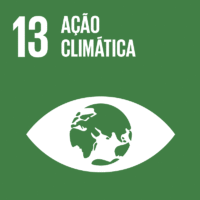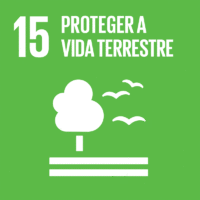Ciência_Iscte
Publicações
Descrição Detalhada da Publicação
Cultivated ties and strategic communication: Do international environmental secretariats tailor information to increase their bureaucratic reputation?
Título Revista
International Environmental Agreements: Politics, Law and Economics
Ano (publicação definitiva)
2022
Língua
Inglês
País
Países Baixos (Holanda)
Mais Informação
Web of Science®
Scopus
Google Scholar
Esta publicação não está indexada no Overton
Abstract/Resumo
The past few years have witnessed a growing interest among scholars and policy-makers in the interplay of international bureaucracies with civil society organizations, other non-profit entities, and the private sector. This article extends the state of research by investigating whether and how secretariats try to strengthen their reputation within their respective policy regimes through information provision and alliance building. Based on reputation theory, the article argues that ties cultivated with stakeholders as well as appearance and presentation of information are decisive in this regard. Methodologically, the study implements a mixed-methods design that combines a quantitative survey with social network analysis and qualitative content analysis of interviews with stakeholders within the climate and biodiversity regime. We show that the secretariats of the Convention on Biological Diversity (CBD) and the United Nations Framework Convention on Climate Change (UNFCCC) maintain relationships with a wide range of state and non-state actors to enhance their reputation. Moreover, different types of actors receive different types of information from the two secretariats studied. Our findings reveal that both secretariats use their limited resources for investing strategically into networks with different types of actors (in the broader transnational policy network), either via the tailored provision of information or through strategic networking with multipliers. They also indicate that reputation does not simply depend on characteristics of bureaucracies, but also on framework conditions and different communication strategies.
Agradecimentos/Acknowledgements
We thank Flávia Rabello, Vanessa Höhne, and Susanne Helm for helping us prepare the data on which this study is based. Furthermore, we thank two anonymous reviewers for their helpful comments and advice.
Palavras-chave
United Nations Framework Convention on Climate Change (UNFCCC),Convention on biological diversity (CBD),Climate and biodiversity secretariat,Social Network Analysis (SNA),Bureaucratic reputation,Information provision
Classificação Fields of Science and Technology
- Ciências Políticas - Ciências Sociais
Registos de financiamentos
| Referência de financiamento | Entidade Financiadora |
|---|---|
| JO 1142/1-1 | Deutsche Forschungsgemeinschaft |
| FOR 1745 | Deutsche Forschungsgemeinschaft |
| KO 4997/1-1 | Deutsche Forschungsgemeinschaft |
| UIDB/03126/2020 | Fundação para a Ciência e a Tecnologia |
Projetos Relacionados
Esta publicação é um output do(s) seguinte(s) projeto(s):
Contribuições para os Objetivos do Desenvolvimento Sustentável das Nações Unidas
Com o objetivo de aumentar a investigação direcionada para o cumprimento dos Objetivos do Desenvolvimento Sustentável para 2030 das Nações Unidas, é disponibilizada no Ciência_Iscte a possibilidade de associação, quando aplicável, dos artigos científicos aos Objetivos do Desenvolvimento Sustentável. Estes são os Objetivos do Desenvolvimento Sustentável identificados pelo(s) autor(es) para esta publicação. Para uma informação detalhada dos Objetivos do Desenvolvimento Sustentável, clique aqui.

 English
English




